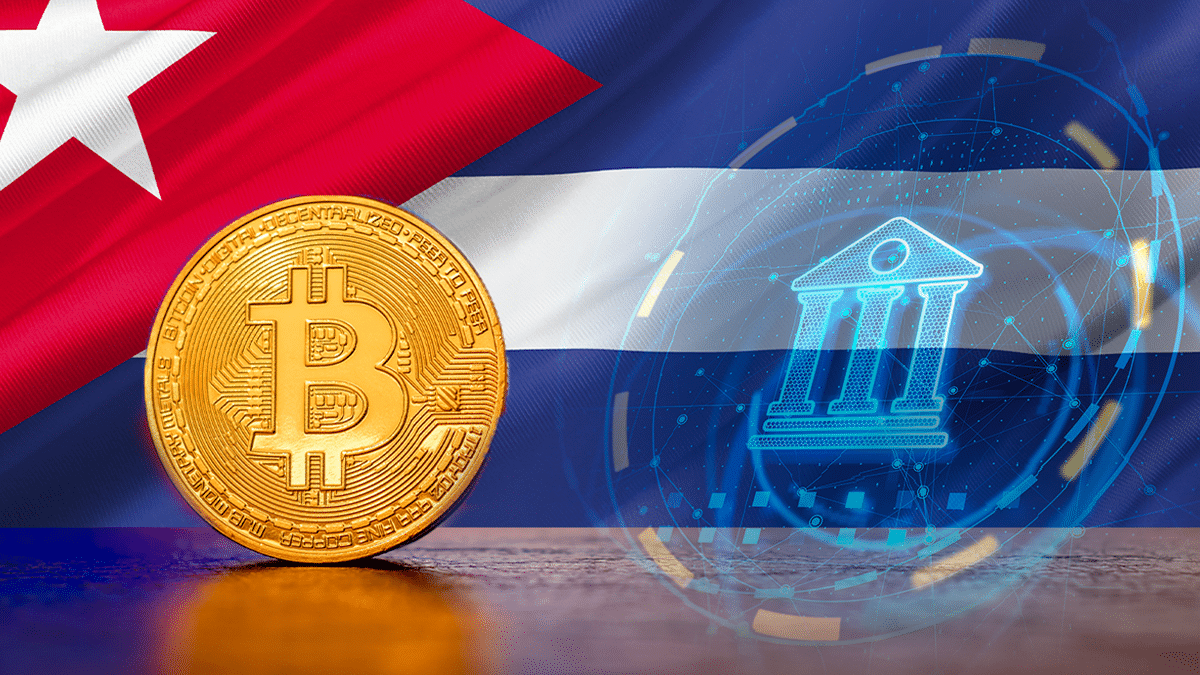
These are the documents that Cuba requires to grant licenses to bitcoin exchanges
- Regulations
- May 15, 2022
The Central Bank of Cuba established, on Tuesday, April 26, which are the documents that natural or legal persons must present to obtain a license as providers of virtual asset services (exchanges or exchange houses).
In the ordinary Official Gazette number 43, the financial institution appoints up to 10 registrations or validations to consider applications. As a first step, interested parties must issue a letter formalizing the request to the central bank.
This document should detail the business proposal with description of the operating model and “virtual assets (such as bitcoin) that it proposes, platform and cryptographic standard that it uses”.
The company or person interested in the license must also prove that it is attached to the regulations of its country, in case it is foreign. Even the applicant must show evidence of the corporate organization, its infrastructure, internal controls, offices and the application of standards such as “Know Your Customer” (KYC), anti-money laundering (AML) and the financing of terrorism. For this last point it is necessary to present what are the procedures that they will apply in their prevention system.
To minimize the risk of platforms or services being misused, the bank will also force companies to apply the so-called “travel rule”. In this way, any transaction that exceeds 1,000 US dollars, must protect personal data of the “originator” of the transaction and the “beneficiary”.
According to the Official Gazette, companies or interested persons must advance to the authorities what is the “initial capital for the development of authorized activities or operations”. With this measure, the bank aims to “differentiate the amount according to the types of activities and risks”.
More procedures to operate with bitcoin in Cuba
Candidates to be virtual asset service providers must legalize the documents before the Cuban consular official in the country of origin, at the Ministry of Foreign Affairs of Cuba and then notarized before a notary public in Cuba.
The Caribbean authorities also stressed that it is an indispensable requirement to obtain the license, to have the compliance of the General Directorate of Financial Operations Research of the central bank.
In the seventh section of the Gazette, the bank acknowledges that the application process can be simplified. The reason is that less bureaucratic and simpler mechanisms could be established.
“In accordance with the requests for licenses and types of operations, the Central Bank of Cuba can simplify the procedures and establish simpler forms of compliance with the requirements provided for in this resolution,” the institution said.
The licenses that are issued will be valid for 1 year, but they will be extendable for another year. Another fact that draws attention is that the own the bank will be the one that authorizes which cryptocurrencies can be exchanged on its territory.
CriptoNoticias reported last Tuesday, April 26, that the country had legalized services with bitcoin and other virtual assets, which could open the door to new investments on the island. Cuba’s decision is in addition to the already approved legislations of Panama and El Salvador, for example.
Recognition of the right to operate with Bitcoin
About this historic decision of Cuba, CriptoNoticias pressed the opinion of lawyer and advisor Camilo Jorajuría, partner of the NGO Bitcoin Argentina. For the analyst, the new Cuban regulation is an advance in the recognition of the human right to operate with Bitcoin.

“It is understandable that states are concerned about money laundering and security for users, but those concerns can be properly channeled as Cuba did or they can be poorly focused as it happens in Argentina,” Jorajuría explained to this newspaper.
On the benefits that this Bitcoin regulation would bring to the island’s economy, the lawyer was clear in saying that the the country will have greater legal certainty for exchanges and users, which would attract greater economic progress in general.
It is important to remember that Cuba, through its central bank, recognized payments with bitcoin and other cryptocurrencies in September last year. Now the country is laying the foundations for bitcoin exchanges to have a legal framework on which to work.
